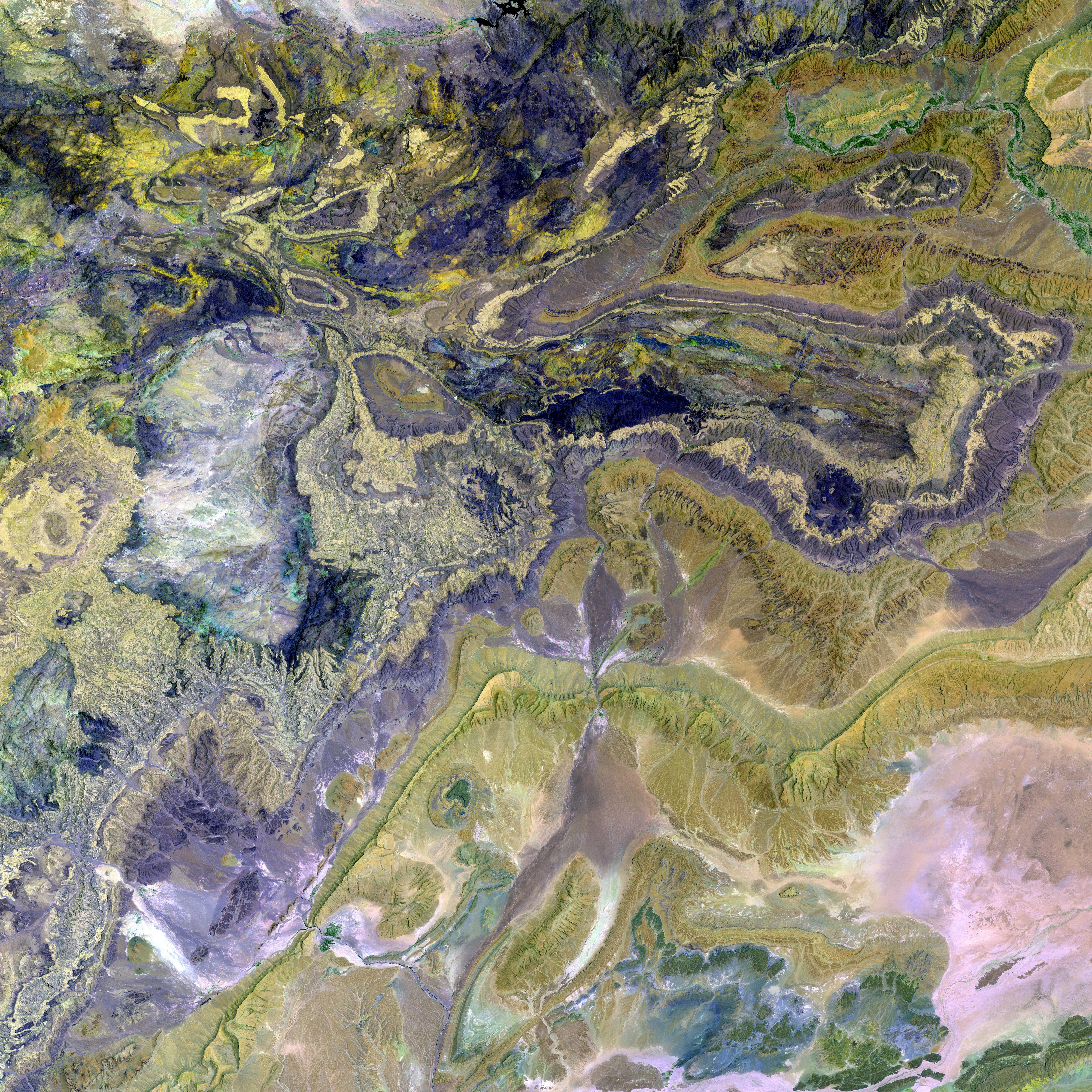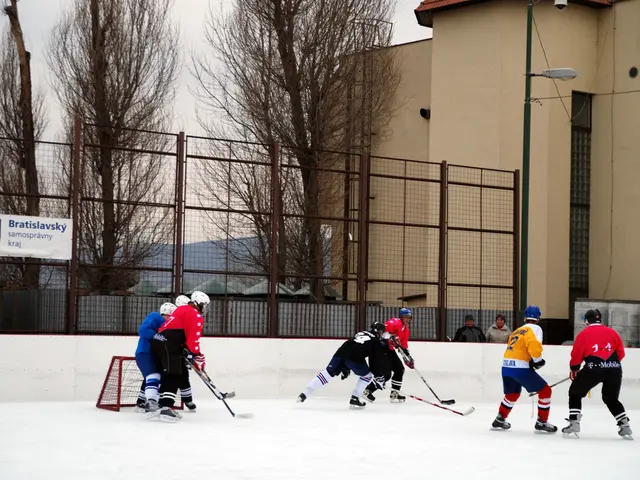Blaze of War: India's Offensive in Pakistan's Territory Rattles Kashmir
- *
Intense Escalation in Kashmir Dispute: India Attacks Sites in Pakistan - Intense escalation in Kashmir tension: Indian forces strike locations within Pakistani territory
In an unprecedented move, India has launched an offensive against targets in Pakistan, as per reports coming out of Islamabad. Not only militant bases in Pakistani-controlled Kashmir, but also the bustling cities of Bahawalpur and Muridke in Pakistan's Punjab region fell victim to Indian attacks. Indian and Pakistani forces have exchanged gunfire and artillery shells along the contested Line of Control in Kashmir, causing casualties on both sides.
Pakistani officials report at least 70 people, including four children, have been killed and 92 injured due to Indian attacks. In the Indian-aligned part of Kashmir, several casualties have resulted from Pakistani retaliatory artillery fire, as per local authorities.
The Indian Army asserts it has decimated "a dozen terror havens" deep within Pakistan, from where infiltrators were allegedly launching attacks against India. Indian military officials declare their actions to be "precise, focused, and retributive," avoiding targeting Pakistani military facilities. "We've served our justice," an Indian Army spokesperson declared.
On the other hand, Pakistani Prime Minister Shehbaz Sharif pledged a "sturdy response" to India's aggression. The Pakistani Foreign Ministry denounced India's actions as "imprudent and rash," potentially endangering the safety of "two nuclear powers."
Pakistan's armed forces claim to have shot down five Indian fighter jets and an Indian combat drone, with one Rafale, two MiG 29, and a SU aircraft among the reported downed planes. Moreover, India's shelling of a hydroelectric power station in the Pakistani part of Kashmir reportedly damaged a section of the dam.
This recent escalation has unsurprisingly disrupted air traffic in the region. Pakistani airspace has been temporarily closed for about 48 hours, causing a halt to domestic and international flights.
India and Pakistan have been moving closer to a potential warfare over the past fortnight. Numerous border skirmishes have transpired between the two neighbor nations, with the recent escalation stemming from an attack on Indian tourists in the disputed region, claiming the lives of 26 individuals. India accuses Pakistan of aiding the attackers, while Pakistan refuses these allegations.
Such escalation between these nuclear powers has fueled widespread concern worldwide. UN Secretary-General António Guterres urged both nations to exercise "excessive prudence in their military endeavors." US President Donald Trump expressed hope that tensions would "dissipate swiftly."
Following the incident, China scolded India for its actions and implored both sides to maintain a measure of restraint. China also expressed interest in mediating any future negotiations to resolve the conflict. Former colonial ruler, Britain, also displayed eagerness to mediate the ongoing dispute between India and Pakistan.
The Kashmir conflict has persisted since India and Pakistan's independence in 1947, with frequent reigniting of tensions and occasional skirmishes along the contested border. Two wars have already been fought by the nations over the disputed region.
- India
- Pakistan
- Kashmir
- Conflict
- Islamabad
- Escalation
- Military
- Punjab
- Children
- Casualties
- AA
In-Depth Look:
The Kashmir dispute, a deeply contentious issue since India and Pakistan's independence, remains marked by ongoing tensions and sporadic violence. Here's a closer look at its current state and recent developments:
Present Standing
- Line of Control: Constant skirmishes and exchanges of fire along the LoC, the de facto boundary separating Indian-administered Kashmir from Pakistani-administered Kashmir, are the norm.
- Internal Situation in Kashmir: Periodic protests and stringent security measures characterize the internal situation in Indian-administered Kashmir, following the revocation of Article 370, which stripped Jammu and Kashmir's special status, sparking widespread anger and resentment.
- Diplomatic Efforts: While attempts to ease tensions persist, relations between India and Pakistan continue to be fraught. Infrequent ceasefires and diplomatic talks have been met with limited success due to both nations' firm positions.
Recent Developments
- Ceasefire Agreements: A ceasefire agreement was established along the LoC in February 2021; however, it has been intermittently breached due to ongoing conflicts.
- Security Operations: Both countries continue their security operations within their respective regions of Kashmir. Indian forces carry out counter-terrorism activities, while Pakistan allegedly offers support to militants.
- International Interventions: Multiple appeals have been made for de-escalation and dialogue by the global community. Efforts to facilitate a resolution to the Kashmir conflict have been scant, with both nations adamant in their stances.
- Economic Initiatives: Plans to stimulate economic growth in the region, despite political difficulties, have been proposed.
The entrenched nature of the Kashmir conflict ensures that both India and Pakistan maintain rigid stances on their respective territorial claims. Diplomatic breakthroughs are uncommon, and the tense situation persists.
- The unexpected offensive by India in Pakistan's territory has intensified the Kashmir conflict, causing an increase in casualties among children and civilians.
- The Pakistani Foreign Ministry has expressed concern over India's actions, warning of the potential danger it poses to both nuclear powers.
- Indian military operations have resulted in the alleged destruction of terror bases in Pakistani Punjab, as well as the targeting of cities like Muridke.
- Pakistani Prime Minister Shehbaz Sharif has promised a "sturdy response" to India's aggression, hinting at further escalation.
- Chinese and British officials have expressed interest in mediating any future negotiations to resolve the Kashmir conflict, hoping to avoid a massive escalation.
- The recent escalation has disrupted air traffic, with Pakistani airspace being closed for approximately 48 hours.








